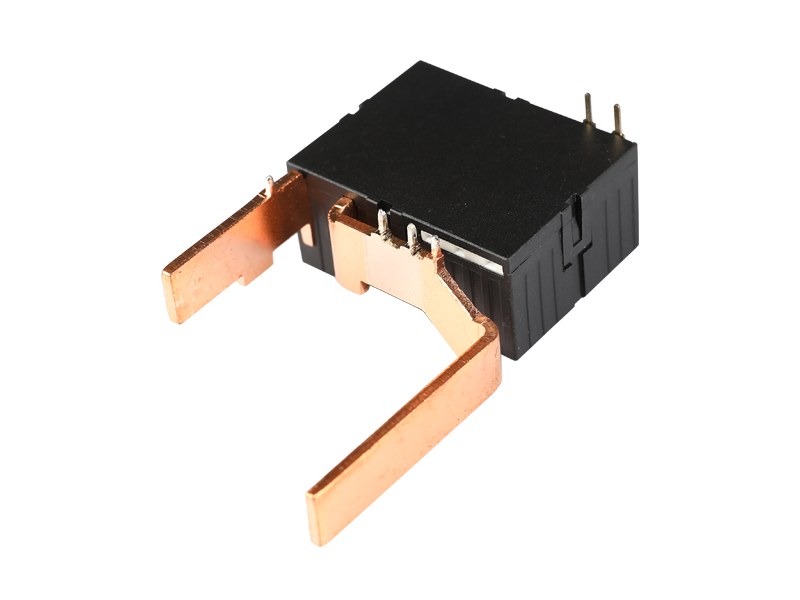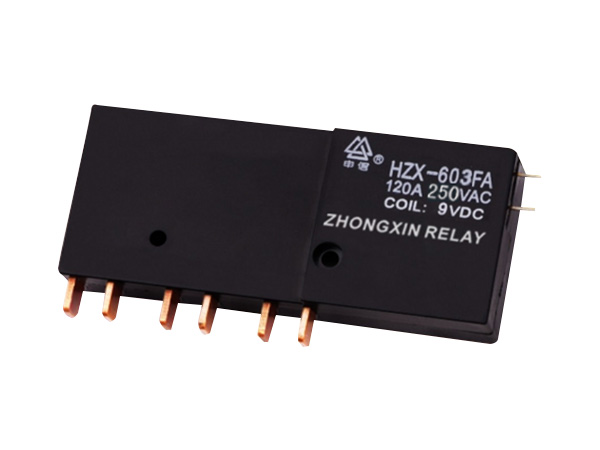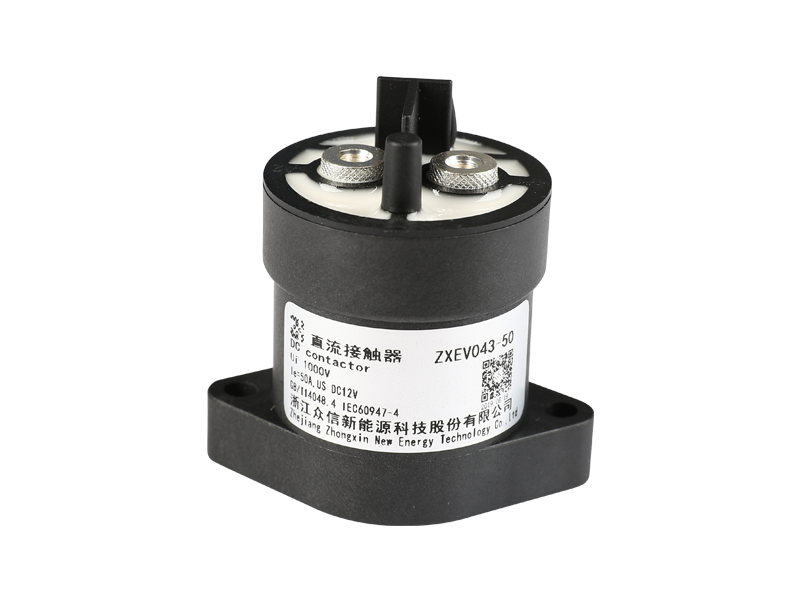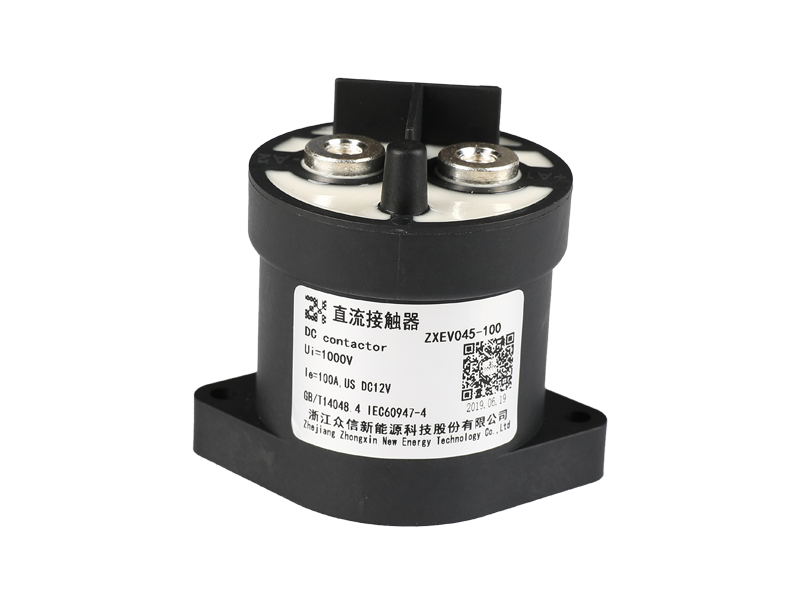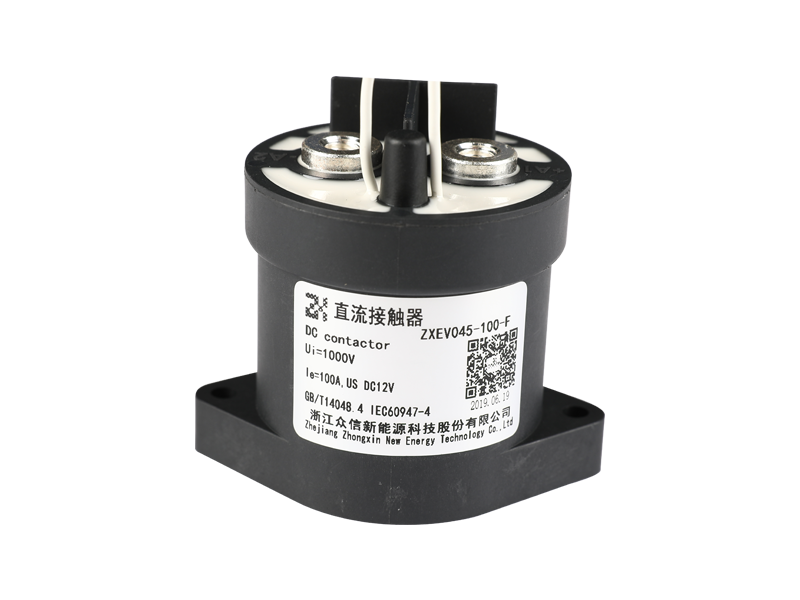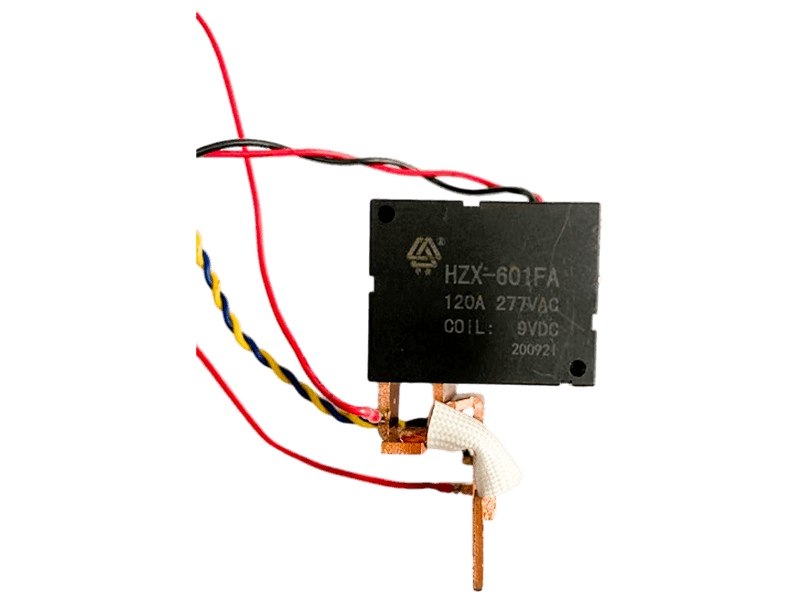Electrical relays are an essential part of power distribution systems, yet they are often overlooked. These small devices act as switches, controlling the flow of electricity to protect electrical equipment and ensure a reliable supply of power. Without them, power systems would be more susceptible to damage and blackouts.
Electrical relays are switches that operate based on the presence or absence of an electrical signal. When a relay receives an electrical signal, it opens or closes a circuit, allowing or stopping the flow of electricity to a specific device or part of the power distribution system. There are many different types of relays, each designed for specific applications, such as protecting motors, transformers, or generators from damage due to electrical faults.
Electrical relays play a vital role in ensuring the reliability of power systems. They act as a first line of defense against power surges, short circuits, and other electrical faults that can cause damage to equipment or result in power outages. Relays can detect abnormalities in the electrical system and quickly shut down or isolate affected parts of the system to prevent further damage.
Electrical relays have been around for over a century, and their design and functionality have evolved significantly over the years. Early relays used mechanical contacts to open and close circuits, but these were prone to wear and tear and required regular maintenance. Today, most relays use solid-state technology, which is more reliable and requires less maintenance.
In recent years, there has been a growing trend towards digital relays, which use advanced algorithms and software to analyze electrical signals and detect faults in the power system. Digital relays offer greater accuracy and faster response times than traditional relays, making them an attractive option for power utilities and other organizations that rely on reliable and efficient power distribution.
Electrical relays are critical to the operation of power systems, and their importance cannot be overstated. Without them, power systems would be more vulnerable to damage and outages, which could have significant consequences for businesses, governments, and individuals.
The reliability of power systems is essential for the functioning of modern society. Industries such as healthcare, finance, and transportation rely on a stable supply of power to operate, and any disruption to this supply can have severe consequences. In addition, power outages can pose a threat to public safety and security, especially in situations where backup power systems are not available.




